Olympia, Greece: A Journey Through Time and Legend
Related Articles: Olympia, Greece: A Journey Through Time and Legend
Introduction
In this auspicious occasion, we are delighted to delve into the intriguing topic related to Olympia, Greece: A Journey Through Time and Legend. Let’s weave interesting information and offer fresh perspectives to the readers.
Table of Content
Olympia, Greece: A Journey Through Time and Legend
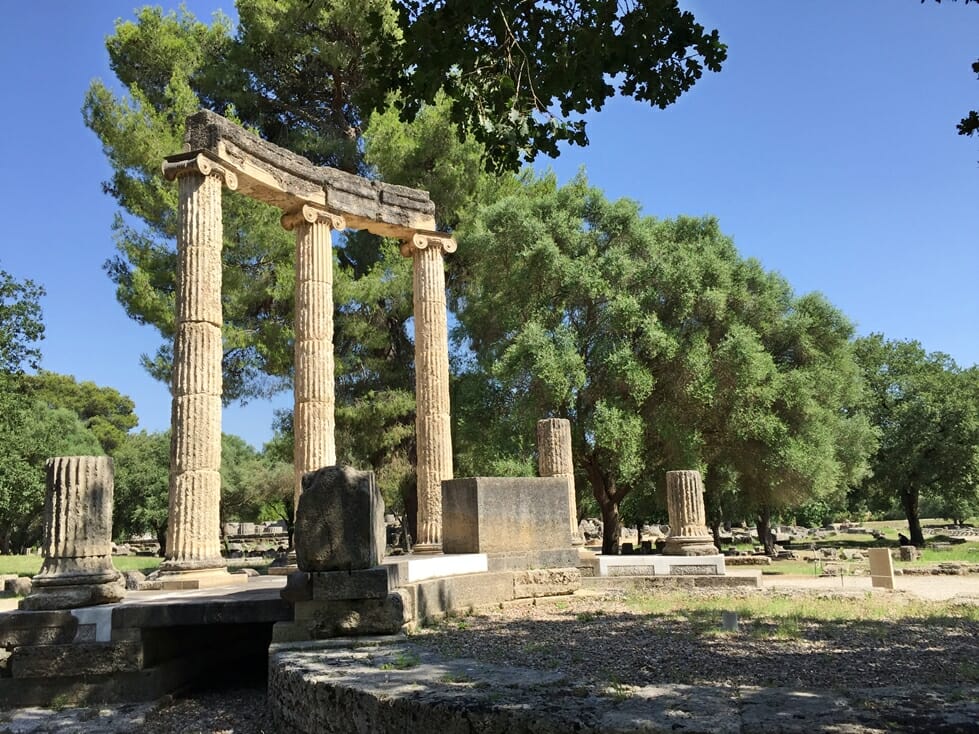
Olympia, a name synonymous with athletic prowess and ancient Greek civilization, sits nestled in the fertile valley of the Alpheios River in the Peloponnese region of Greece. More than just a geographical location, Olympia is a testament to the enduring power of human achievement and the enduring legacy of the ancient world. This article delves into the historical, cultural, and archaeological significance of Olympia, exploring its landscape, its ancient games, and its enduring legacy.
A Landscape of Ancient Glory:
The landscape of Olympia is a captivating blend of rolling hills, fertile plains, and the serene waters of the Alpheios River. The ancient city, founded in the 8th century BC, was strategically located at the confluence of two tributaries of the Alpheios, providing access to water and fertile land for agriculture. This strategic location, coupled with its proximity to the sacred grove of Zeus, contributed to its rise as a center of religious and athletic activity.
The Birthplace of the Olympic Games:
Olympia is inextricably linked to the ancient Olympic Games, a pan-Hellenic festival held in honor of Zeus. The Games, originating in the 8th century BC, were held every four years, drawing athletes from across the Greek world to compete in various athletic disciplines. The Games were more than just sporting events; they served as a powerful symbol of unity and cultural exchange, fostering a sense of shared identity among the disparate Greek city-states.
The Sacred Precinct of Zeus:
The heart of ancient Olympia was the sacred precinct of Zeus, a vast complex of temples, altars, and statues dedicated to the king of the gods. The most prominent structure within the precinct was the Temple of Zeus, a magnificent Doric temple constructed in the 6th century BC. This temple housed the colossal ivory and gold statue of Zeus, one of the Seven Wonders of the Ancient World, crafted by the renowned sculptor Phidias.
The Stadium and the Altar of Hera:
Adjacent to the Temple of Zeus lay the stadium, the site of the athletic competitions. The stadium, built in the 6th century BC, could accommodate thousands of spectators. Within the precinct also stood the Altar of Hera, a monumental structure dedicated to Zeus’ wife, Hera, the goddess of marriage and women. The altar was the site of the Heraean Games, a separate athletic festival for women held every four years.
The Legacy of Olympia:
The Olympic Games, born in Olympia, were abolished in 393 AD by the Roman Emperor Theodosius I, but their spirit lived on. In 1896, the modern Olympic Games were revived in Athens, drawing inspiration from the ancient Games held in Olympia. Olympia remains a powerful symbol of athletic achievement, promoting unity, peace, and sportsmanship across the globe.
Beyond the Games:
Olympia’s significance transcends its association with the Games. The archaeological site, meticulously excavated and preserved, offers a glimpse into the daily life, beliefs, and artistic achievements of ancient Greece. The site features remnants of temples, statues, workshops, and houses, providing invaluable insights into the social, political, and religious structures of the ancient world.
Exploring Olympia Today:
Today, Olympia is a popular tourist destination, attracting visitors from around the world who come to experience the magic of this ancient site. The archaeological site is open to the public, allowing visitors to explore the ruins of temples, statues, and other structures, offering a tangible connection to the past. The Olympia Museum houses a vast collection of artifacts unearthed from the site, including sculptures, pottery, and jewelry, providing further insights into the rich history and culture of ancient Olympia.
FAQs about Olympia:
Q: What is the significance of Olympia?
A: Olympia is significant as the birthplace of the ancient Olympic Games, a pan-Hellenic festival held in honor of Zeus. The Games, held every four years, served as a powerful symbol of unity and cultural exchange among the Greek city-states. Furthermore, Olympia’s archaeological site provides a window into the daily life, beliefs, and artistic achievements of ancient Greece.
Q: What are some of the key landmarks in Olympia?
A: Key landmarks in Olympia include the Temple of Zeus, the stadium, the Altar of Hera, the Philippeion, and the Treasury of the Siphnians.
Q: What is the best time to visit Olympia?
A: The best time to visit Olympia is during the spring or autumn months when the weather is pleasant and the crowds are smaller.
Q: How do I get to Olympia?
A: Olympia is located approximately 270 kilometers southwest of Athens. It is easily accessible by car, bus, or train.
Q: What are some tips for visiting Olympia?
A:
- Plan your visit: Allocate sufficient time to explore the archaeological site and the museum.
- Wear comfortable shoes: The site is extensive and requires a fair amount of walking.
- Bring water and snacks: There are limited food and beverage options within the site.
- Hire a guide: A guide can enhance your understanding of the site’s history and significance.
- Take advantage of the museum: The Olympia Museum houses a rich collection of artifacts that provide further insights into the site’s history.
Conclusion:
Olympia, a place where athletic prowess met divine reverence, stands as a testament to the enduring power of human achievement and the enduring legacy of ancient Greece. The site’s archaeological treasures, coupled with its historical significance, offer a unique and captivating journey through time, inviting visitors to explore the origins of the Olympic Games and the cultural brilliance of ancient civilization. Beyond its historical significance, Olympia serves as a reminder of the universal values of unity, peace, and sportsmanship, values that continue to inspire and unite people across the globe.
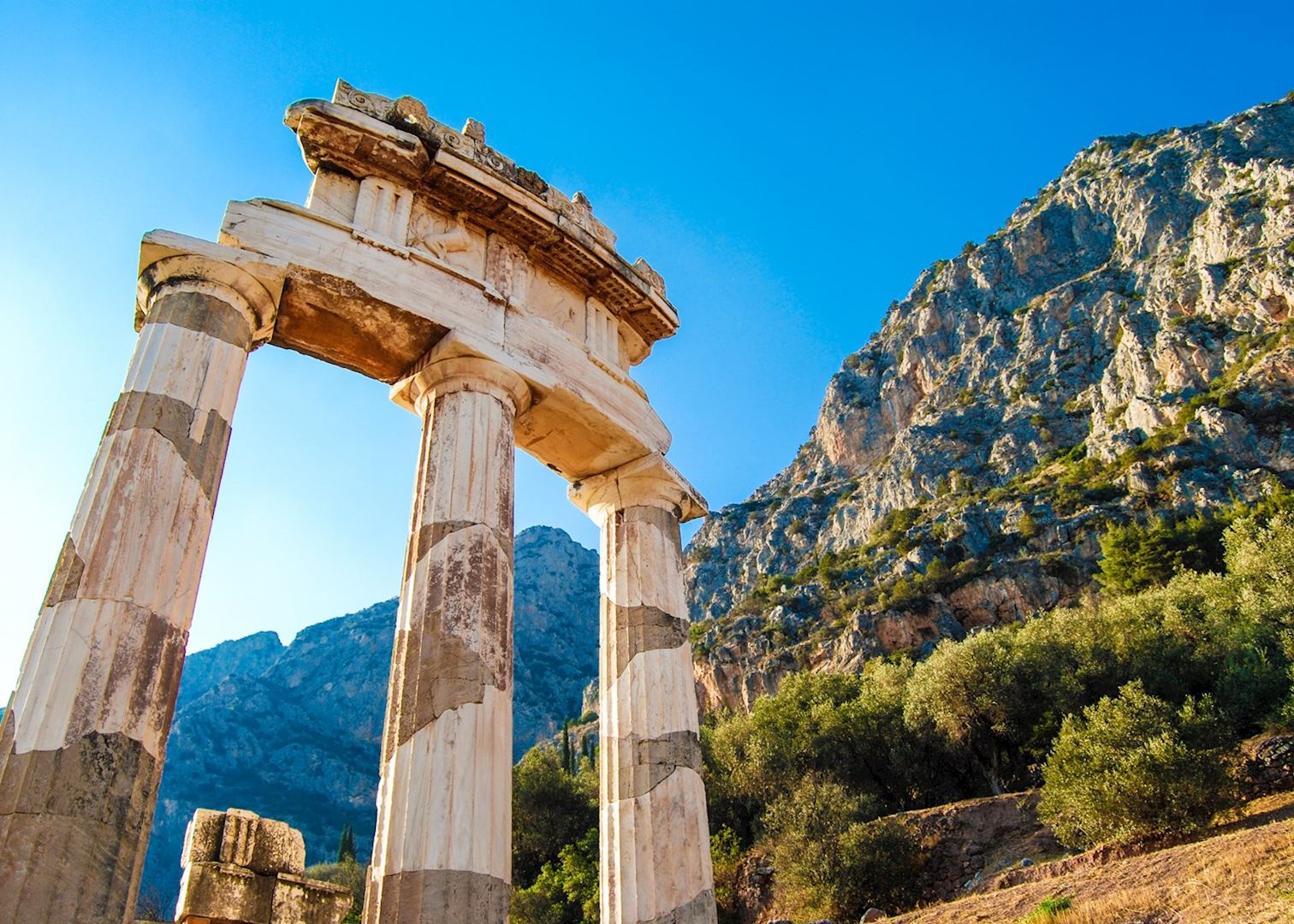
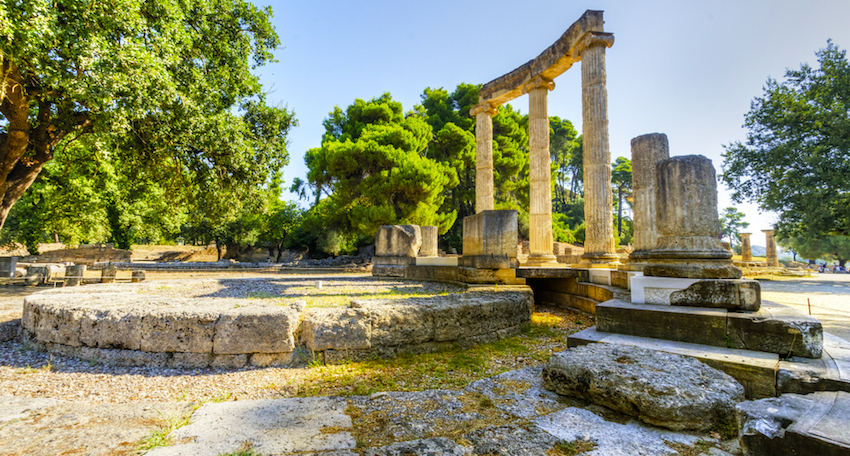

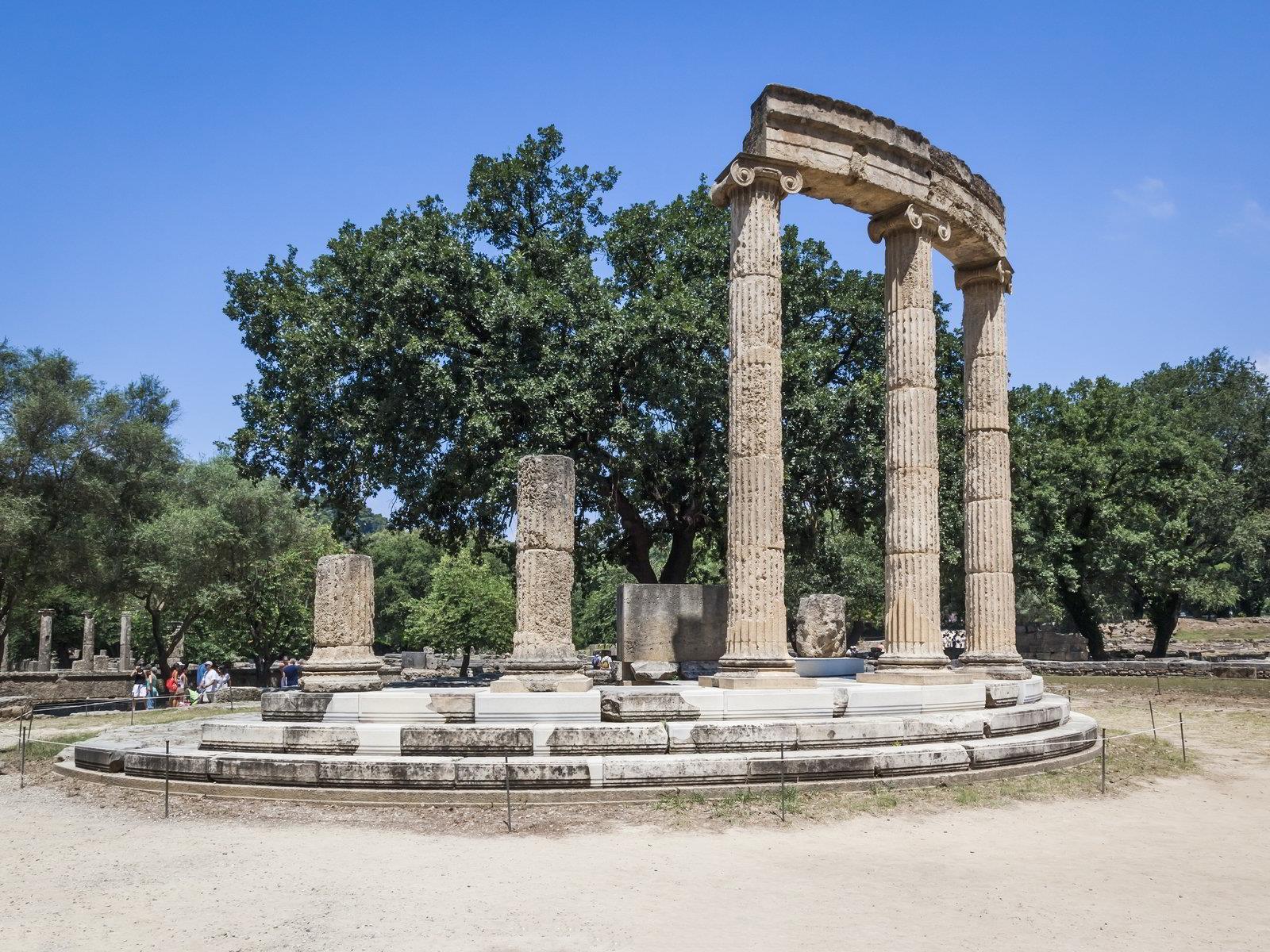
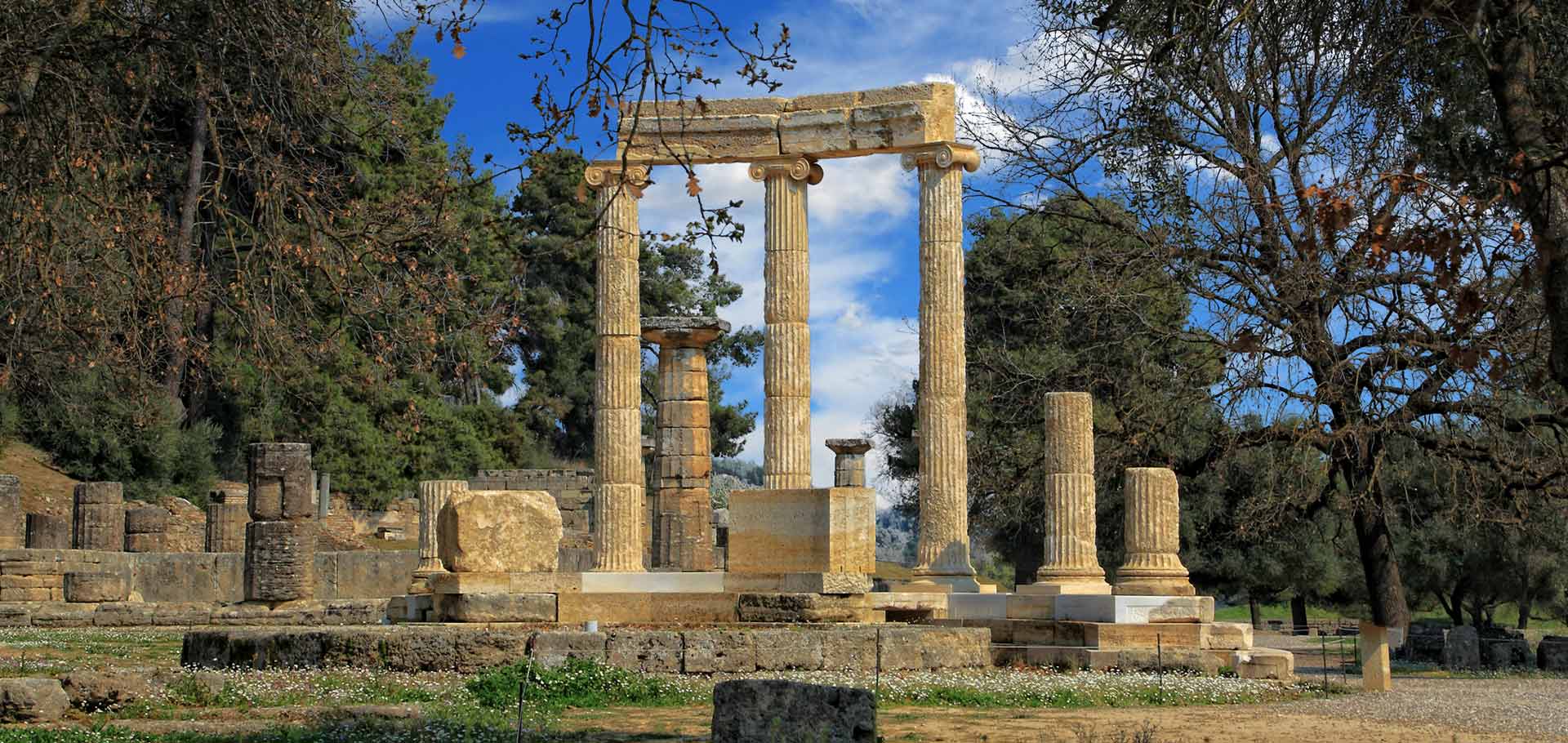
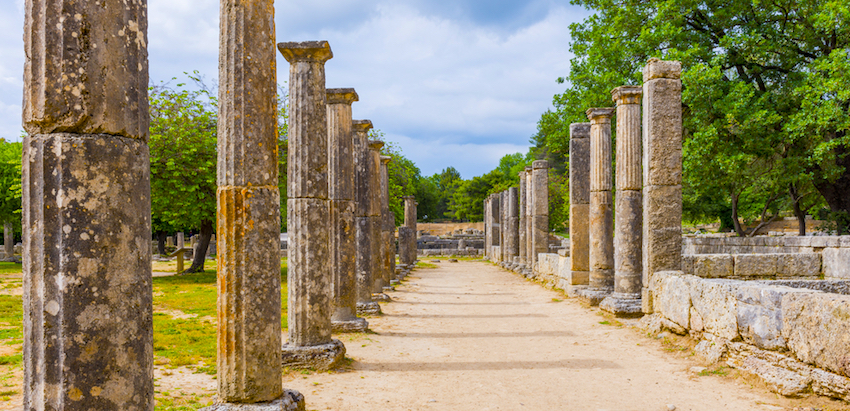


Closure
Thus, we hope this article has provided valuable insights into Olympia, Greece: A Journey Through Time and Legend. We hope you find this article informative and beneficial. See you in our next article!